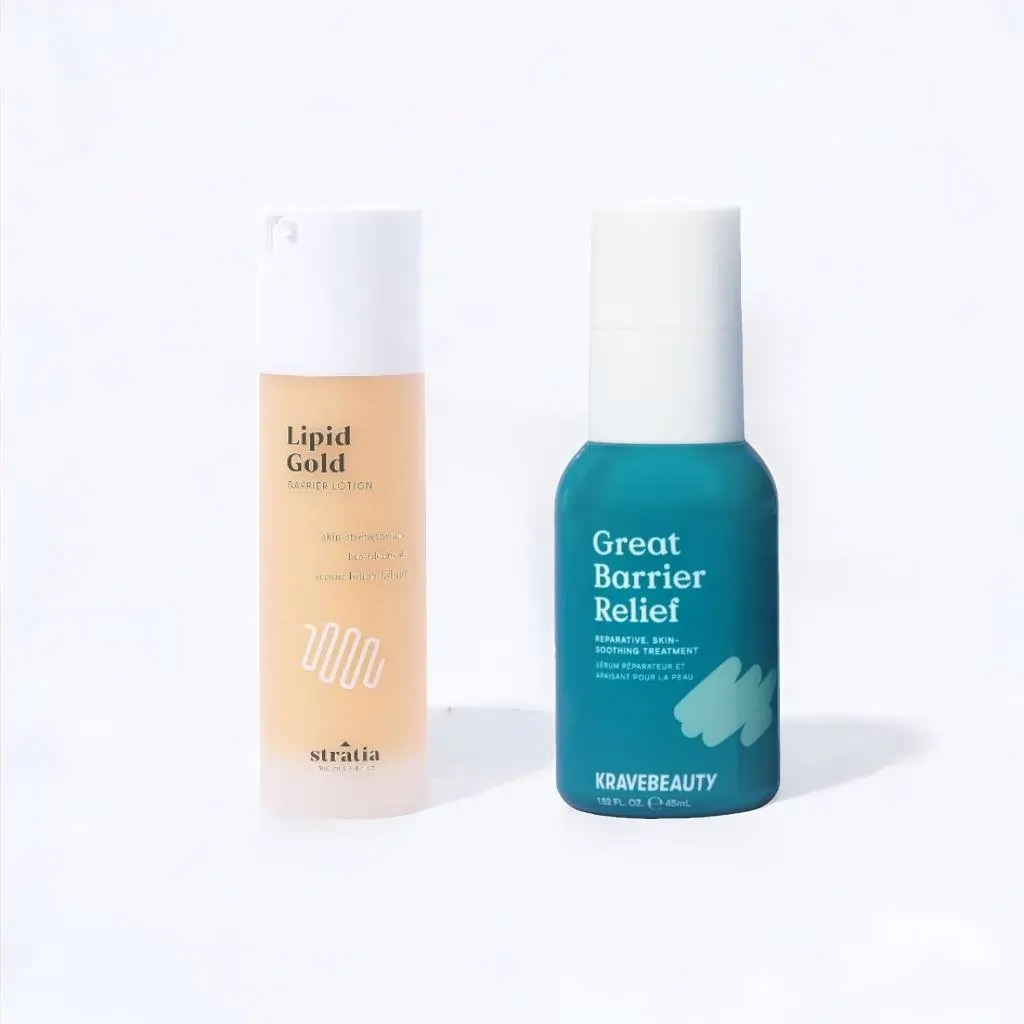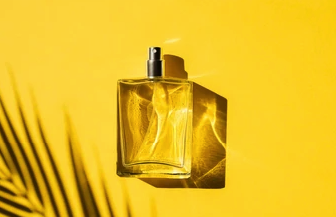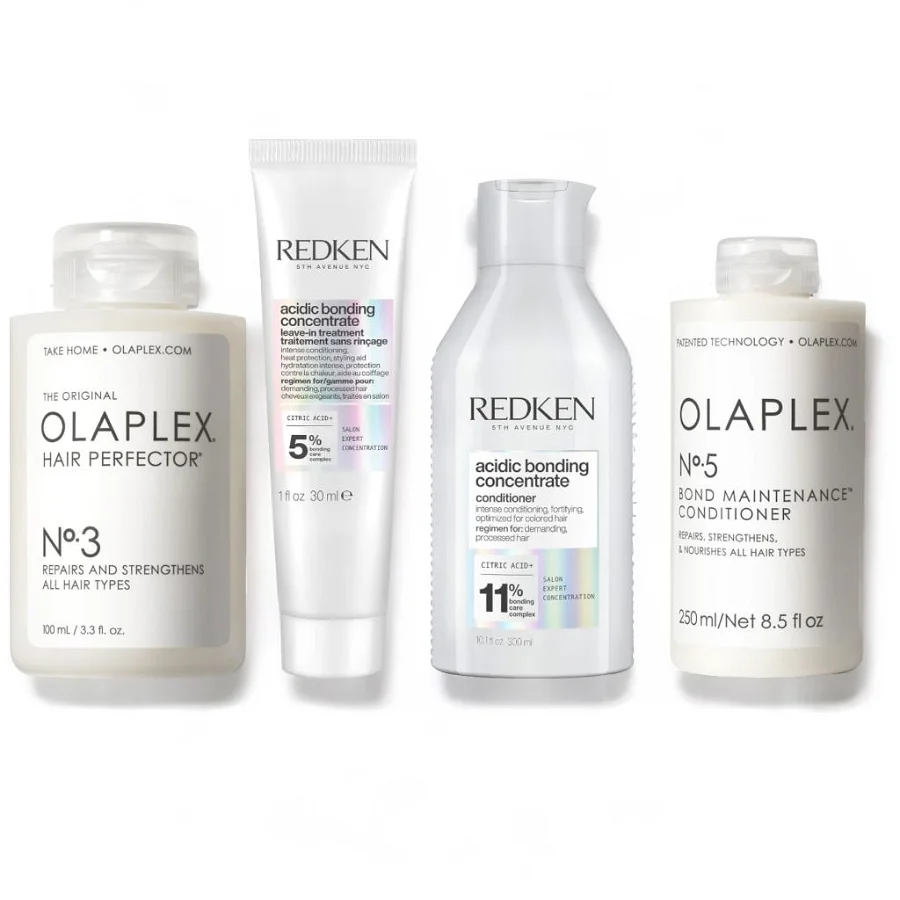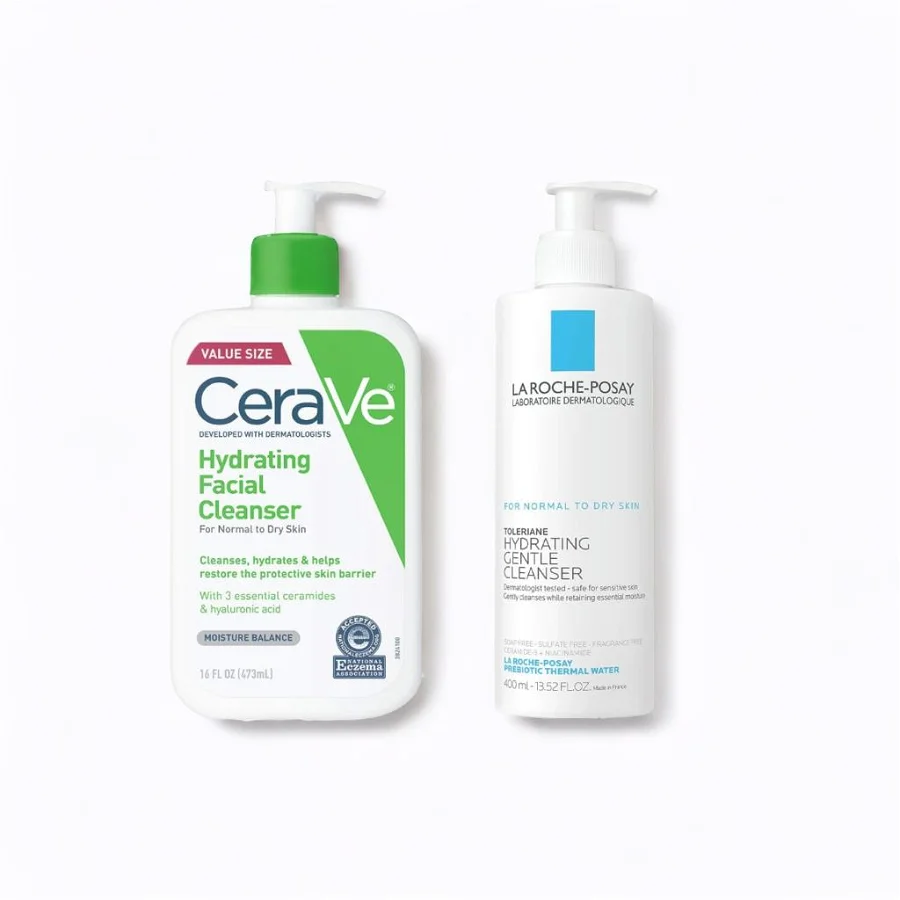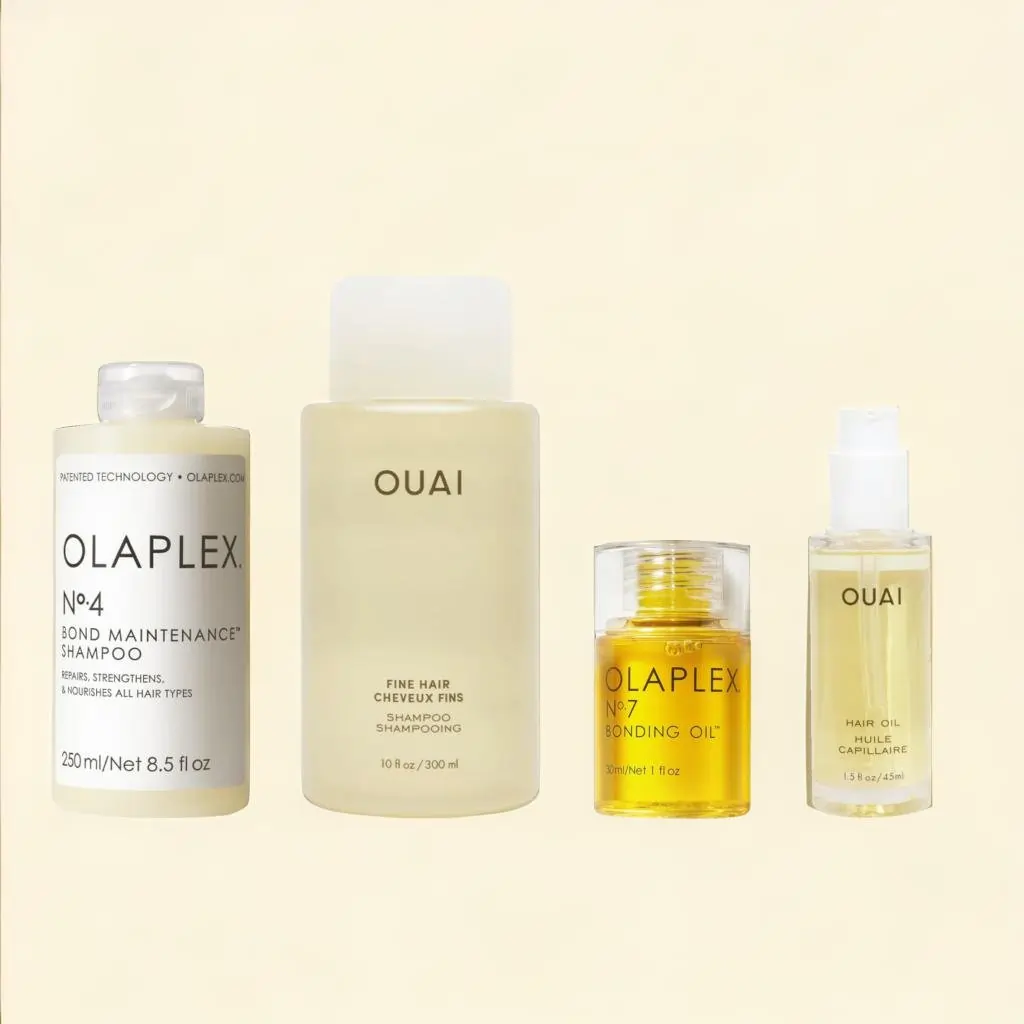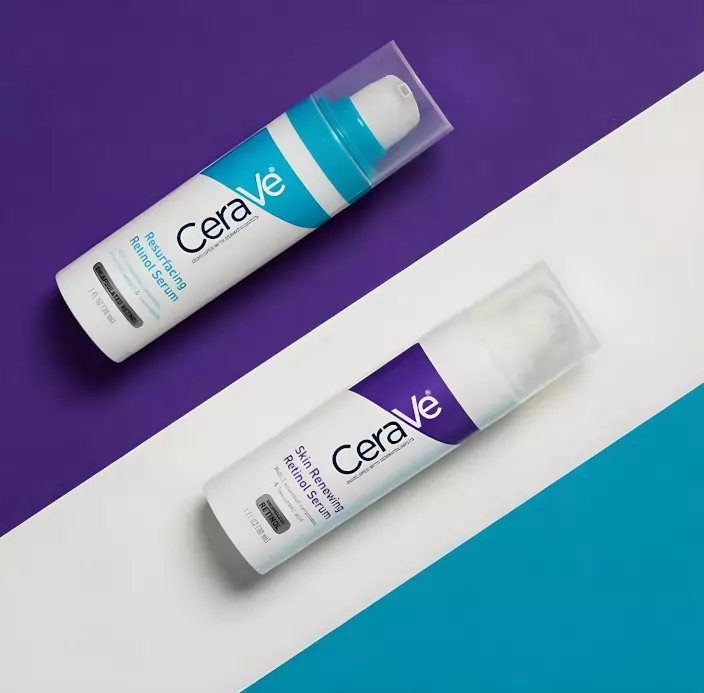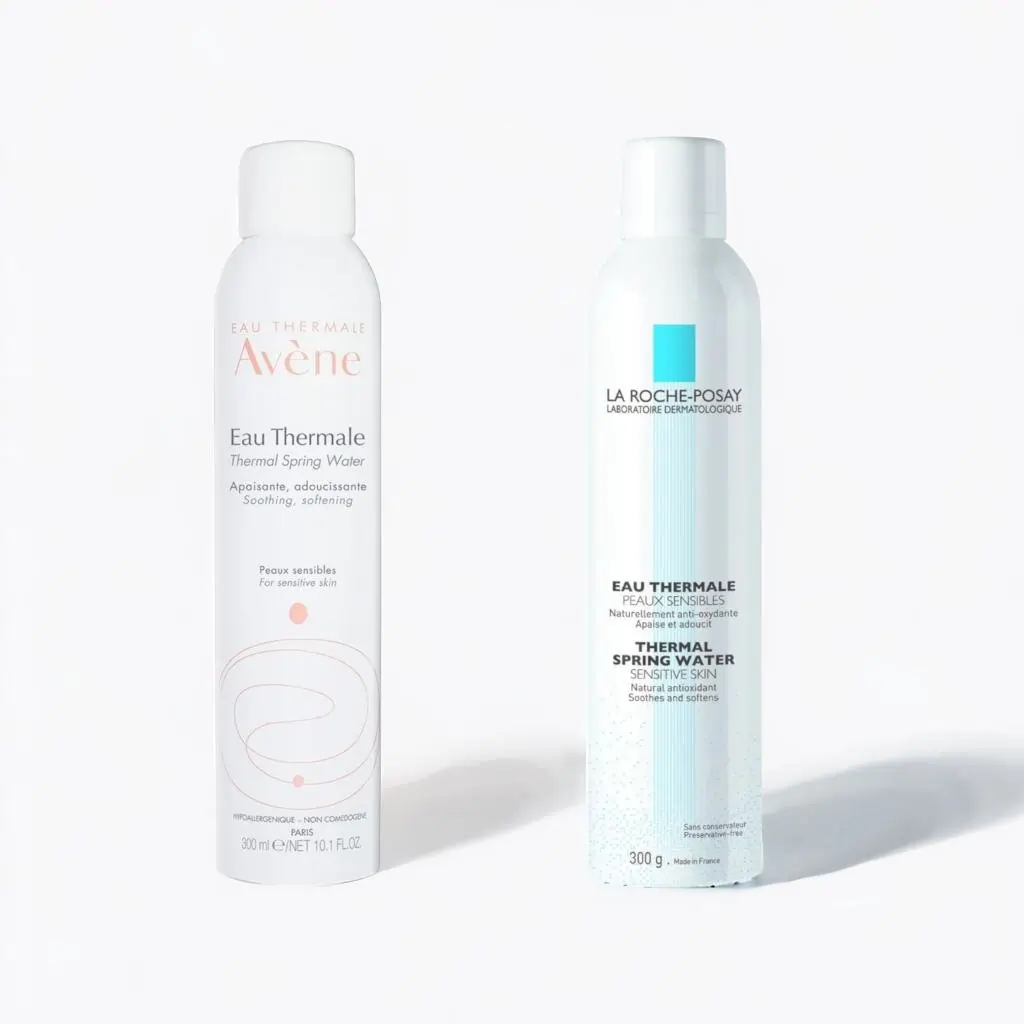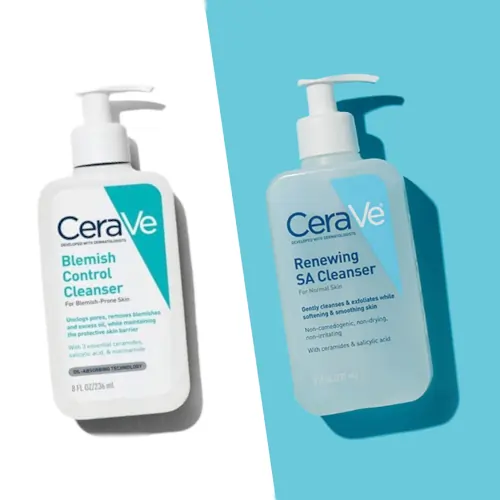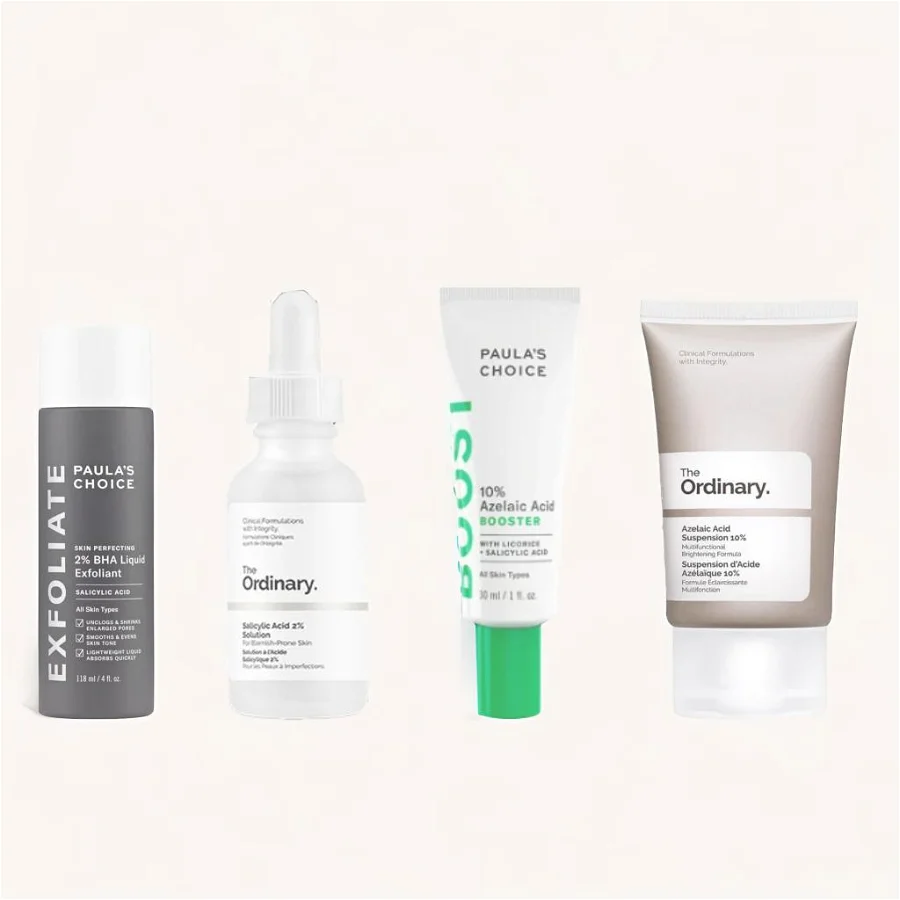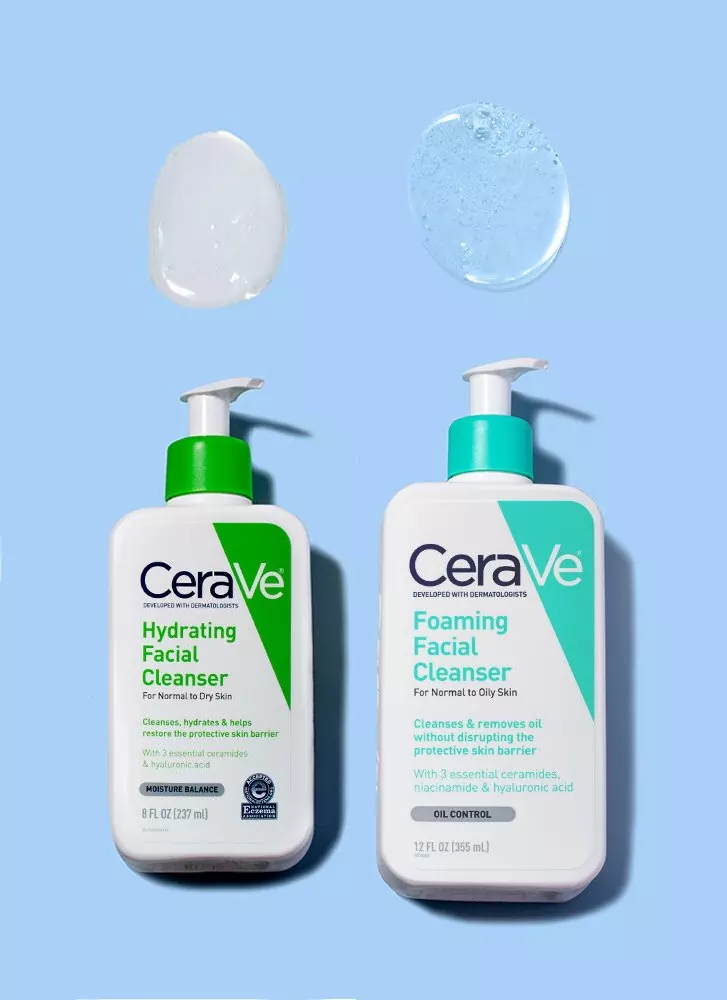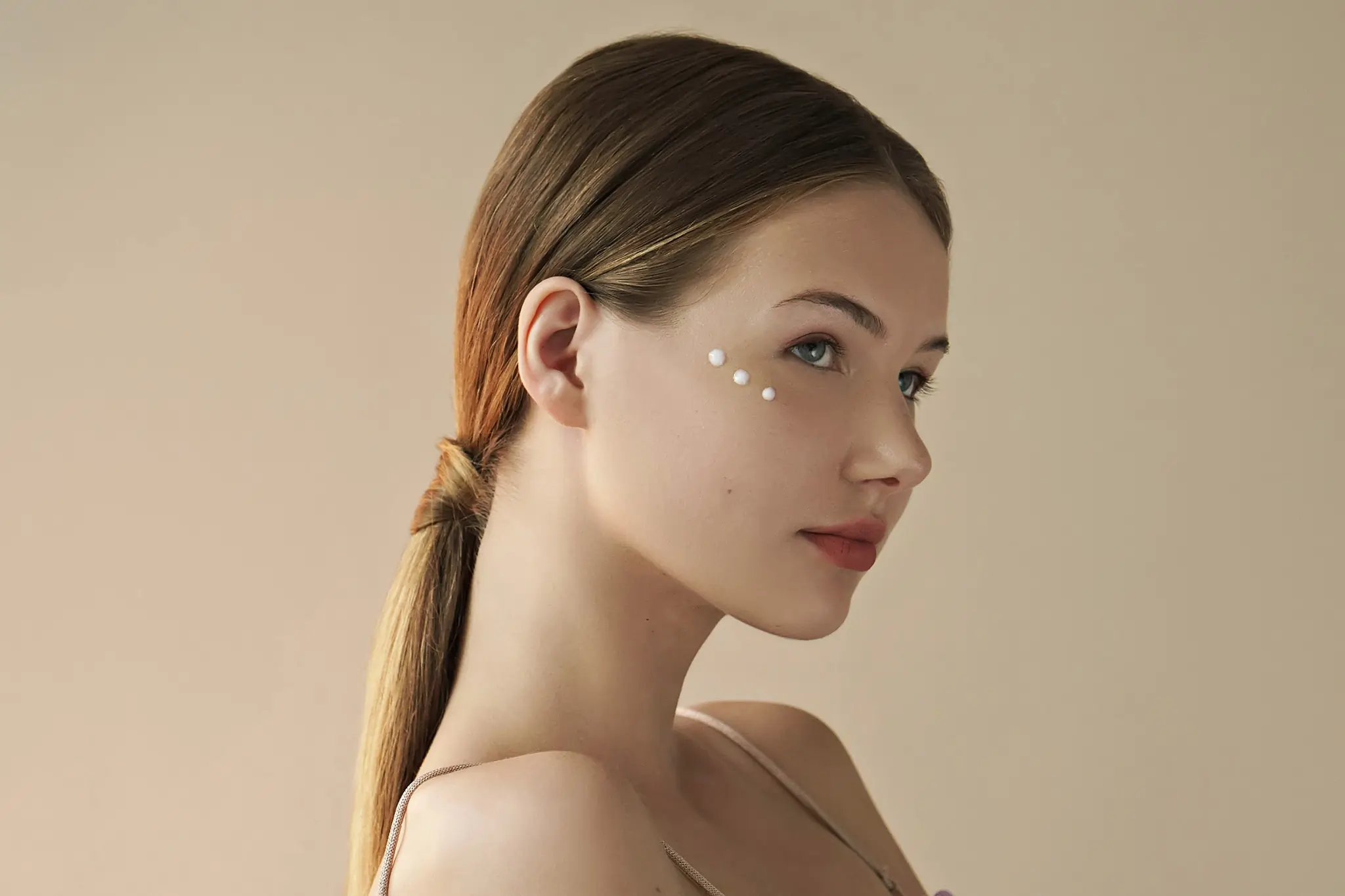
Whether you’re a seasoned skincare aficionado or just starting out, Krave and Stratia are two brands that have probably crossed your radar at least once. You might even have a few of their products on your shelf right now.
Today, we will be comparing Krave vs Stratia and their best-selling skin barrier serums side-by-side to help you figure out which brand better suits you and your skin. Enjoy!
2024 update: Stratia have renamed their product from Liquid Gold to Lipid Gold to avoid confusion, as well as to highlight the key lipids that make it so powerful (ceramides, cholesterol, and fatty acids).
Stratia Lipid Gold vs Krave Great Barrier Relief
Chances are, you’ve already curated a routine with products that keep your skin looking its best. However, sometimes even the most tried-and-true methods may fail us, leaving our skin dry, oily, sensitive, or acne-prone. What gives?
Sure, numerous factors can impact our skin—from stress levels, to the environment, to hormones. So, perhaps it’s unfair to expect your same ol’ skincare lineup to do all the heavy lifting in maintaining healthy skin.
To get to the bottom of this maintenance mystery, let’s briefly discuss the skin’s moisture barrier (AKA, the stratum corneum).
This outer layer of skin requires several components—like fatty acids and ceramides—to achieve healthy dermatological harmony. When those building blocks are compromised, our skin might be left looking a little duller, shinier, or bumpier than usual.
The solution? A skin barrier serum, like Great Barrier Relief by Krave Beauty or Lipid Gold by Stratia.
First and foremost, an awesome similarity we’re happy to report is that Lipid Gold and Great Barrier Relief are cruelty-free (however, only Great Barrier Relief is vegan-friendly).
Lipid Gold’s effectiveness can be found in three skincare MVPs: ceramides, sea buckthorn oil, and niacinamide, which work to regulate and strengthen the skin’s moisture barrier. Further, their ingredient list includes some other familiar faces, such as rosehip oil, plant-derived squalene, and green tea leaf extract.
Great Barrier Relief reveals a similar formulation, with niacinamide and ceramides being two key players, as well as safflower and rosehip oil. The major differentiator, though, is tamanu oil, a nut oil that aims to soothe irritation and redness without leaving skin greasy. (Note: Those who have nut allergies should take precautionary measures, like patch testing, before they commit to using this product on their face.)
Upon trying both products, I was immediately swept away by their performance. Lipid Gold was like a tender embrace for my skin, leaving it luxuriously dewy and hydrated. Catching my reflection in the mirror, I was struck by the newfound radiance, but also an unfortunate "orange"-tint since I have quite pale skin.
Great Barrier Relief, with its unique tamanu oil, was a different symphony altogether. It offered similar radiance-boosting benefits, but with a distinctively silkier touch, which makes sense given that Lipid Gold is marketed as a lotion whereas Great Barrier Relief is a serum. It doesn't smell great, however.
As for affordability, both products are quite reasonable. Lipid Gold is $27 for a 2oz bottle, while Great Barrier Relief is $30 for a 1.7oz bottle.
Now, for the decisive moment: choosing between the two. If you're vegan or highly prioritize clean beauty in your skincare choices, Great Barrier Relief by KraveBeauty, with its recycled packaging and environmental certifications, is the obvious choice. However, if these factors are less critical to you, and your focus is more on the results and affordability, Lipid Gold could be your go-to option.
Ultimately, both products are excellent. No matter your choice, your skin will feel pampered and well-cared for. Just be wary of the temporary tint if you have pale skin and decide to opt for Stratia.
